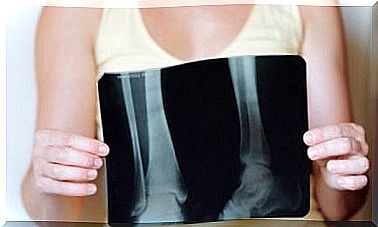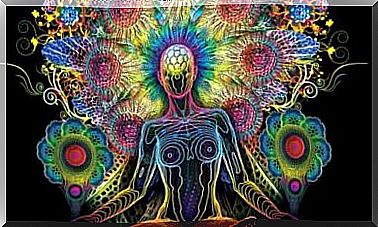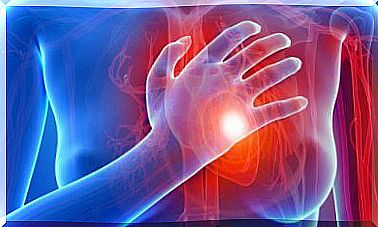Symptoms And Treatments For Hypothyroidism
Hypothyroidism is caused by very low levels of thyroid hormones (T3 and T4) in the blood.

Hypothyroidism is caused by very low levels of thyroid hormones (T3 and T4) in the blood, due to dysfunction of the thyroid gland. There are many treatments for hypothyroidism.
These hormones are however fundamental for a correct functioning of the metabolism: if their level is low, many functions of the organism are then affected, and this alteration manifests itself in the form of very specific symptoms.
In this article, we therefore present to you these different symptoms as well as the possible treatments for hypothyroidism.
The different types of hypothyroidism
There are several causes of hypothyroidism, but the most common and known is Hashimoto’s thyroiditis. It is an autoimmune disease where our own body attacks the thyroid, gradually reducing its functions. It is more common in women, especially from the age of 40.
Another possible cause: Some patients with hyperthyroidism undergo an operation to remove all or part of the gland, which will cause hypothyroidism. This may also be the case with patients treated for a long time with anti-thyroid drugs.
Another much less common cause is congenital hypothyroidism, which appears in newborns and can be very serious if left untreated.
Nevertheless, today we are able to perform thyroid hormone analysis in all newborns, in order to diagnose this disease and treat it immediately.
Diagnosis consists of performing a clinical analysis of thyroid hormones, the levels of which will be found to be low. The levels of TSH, the hormone that stimulates the thyroid to secrete T3 and T4, will also be analyzed, and the levels found will be elevated.
One exception: in the case of a rarer hypothyroidism, secondary or hypophisaire, the levels of T3, T4 and TSH are low.
Symptoms of hypothyroidism

Symptoms appear slowly and constitute a decrease in metabolic processes. At first, hypothyroidism can be confused with depression, as the patient is tired and suffers from listlessness, drowsiness, memory loss and lack of concentration.
The patient will also gain weight without changing their eating habits, and their cholesterol levels will increase. They may lose more hair than usual, be less tolerant of cold, have dry skin, suffer from constipation, etc. Women often have menstrual changes.
If hypothyroidism is not treated, then the appearance of the face is very characteristic. The eyelids are drooping, and the eyes and face are swollen. The voice is hoarse and the diction slow.
Treatments for hypothyroidism
Hypothyroidism cannot be permanently cured. However, it can be successfully controlled by taking levothyroxine, which is T4.
The dose must be adjusted very precisely and blood samples must be taken very frequently. This helps to control T4 levels. This treatment thus allows a return to normal life without complications.
If the patient is rigorous in his treatment and he communicates to his doctor the slightest alteration in his body, then this can be an excellent solution. One of the worst tolerated symptoms in patients is weight gain and difficulty losing all those pounds.
Treatments for hypothyroidism exist. However, it is very important to adopt a balanced diet. For this, it is necessary to reduce its consumption of animal proteins, except fish, and replace them with vegetable proteins.
This diet should also be rich in fruits and vegetables, and low in fat.









